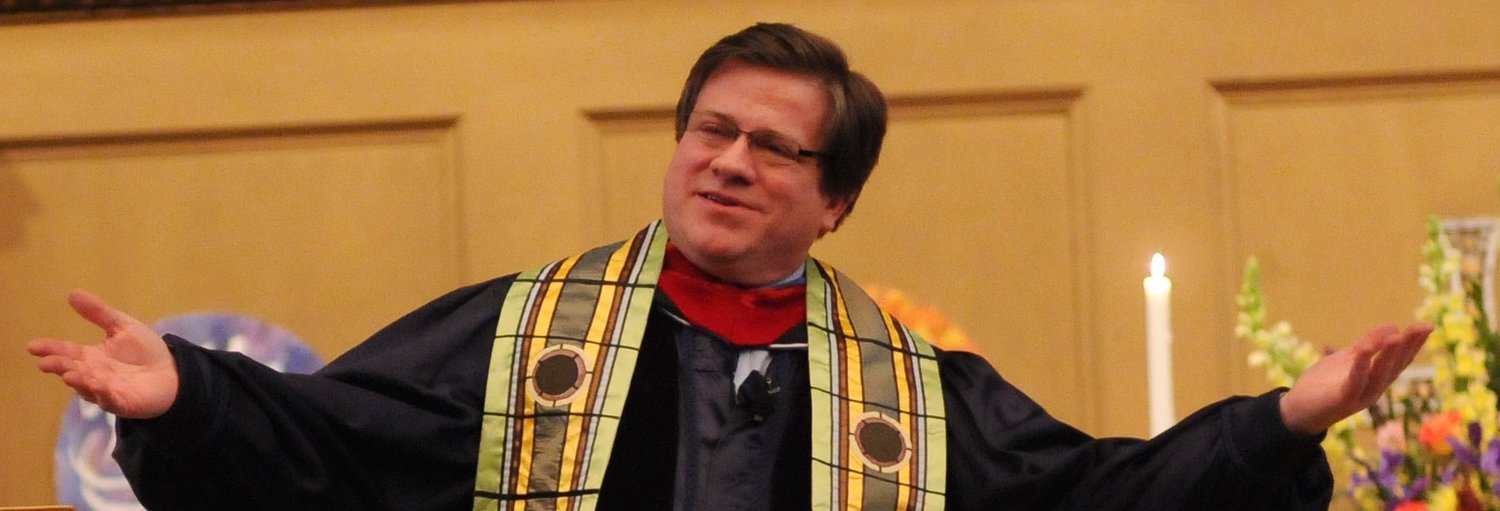Outstretched Wings of the Spirit--Day Twenty-nine
The Twenty-ninth Day
(Wednesday, April 3, 2019)
A Little Time Each Day
“A little time taken each day, with occasional longer periods, for clarifying our function in the integrating process of God, and cultivating the personal attitudes adapted to it, will develop a slowly growing propulsion which will increase in power as the years pass, like a stream swelling to a river as it gathers the drainage of a watershed. There is nothing which can unlock such stores of human energy as this. It is the religious release of energy. The way we have described the nature of God may not be acceptable to many. But however one may formulate the idea of God, the method of worship and religious release of energy still holds good. . . .
“There are three preconditions which must be met before effective worship is possible. The first is that one must go out into deep water. One must take life seriously. One must not shirk the heavy responsibilities. One must venture out to depths where wading is difficult. No one ever worshipped profoundly and with largest results who was not struggling. That does not mean that one must do something conspicuous before the world . . . It merely means that one assume the tremendous responsibilities that inevitably fall upon every one who lives earnestly and has sufficient insight to discern the tragedies in human life.
“The second precondition is sincerity. That means that we will not take into our worship and beliefs which we doubt. If, for example, we doubt there is a God, then in worship we will earnestly seek the best adjustment to whatever in all the universe we believe to be that which can help us most, even though it be nothing more, in our belief, than our own subconscious self, or our fellow associates in the group to which we belong.
“Whenever any belief or word puts us under a sense of constraint, or gives us a sense of unreality, we must set it aside. Worship is preeminently probing down beneath all the sham and pose which inevitably accumulate in every one’s life with the daily routine. Worship is struggling to cast off all this unconscious and unintended but inevitable hypocrisy and getting down to reality about ourselves and our world, as we are able to experience it. Absolute sincerity, completest honesty, is indispensable to help worship, and ultimately it will lead to more adequate and well-established beliefs.
“We must think differently about prayer from our forebears. But our manner of praying, if we The third precondition has to do with time and place and surroundings. The time may be any hour of the twenty-four; but the best time, we are very sure, is just before retiring at night and soon after the rising of in the morning. Some room will serve, especially if it can be shut so that one need not fear others will hear even when one speaks, aloud, and where the mind will not be distracted by any sights, sounds or apprehensions. The purpose of worship is to turn the minds away from the lesser things and give the whole attention to the supreme thing.” (Wieman & Wieman)
Religion, like anything else, will be as important to and in us as we ourselves make it. Worship with our friends on Sundays is important, but to become really effective it must become also a daily home habit, like eating, drinking, sleeping, working and physical exercise. We know what we think is important, and what is not. We give time to what we deem important, and skill develops slowly with unremitting practice. A very famous old prayer comes to mind in this regard. (Donald Szantho Harrington)
Prayer
“Help us, O God, to serve Thee as Thou deservest; to give, and not to count the cost; to fight, and not to heed the wounds; to serve, and not to ask for any reward save the joy of doing Thy Holy Will. Amen.”
Hymn
I thank thee, God, for strength of arm
To win my bread,
And that, beyond my need, is meat
For friend unfed;
I thank thee much for bread to live,
I thank thee more for bread to give.
I thank thee for my quiet home,
Mid cold and storm,
And that beyond my need is room
For friend forlorn;
I thank thee much for place of rest,
But more for shelter for my guest.
I thank thee, God, for lavish love
On me bestowed,
Enough to share with loveless folk
To ease their load;
Thy love to me I ill could spare
Yet dearer is thy love I share. Amen.
—Robert Davis (Hymns of the Spirit, no. 279)
Donald Szantho Harrington wrote the Lenten meditation manual Outstretched Wings of the Spirit: On Being Intelligently and Devotedly Religiousbased on the theology of Henry Nelson Wieman and Regina Westcott Wieman. It was published by the Unitarian Universalist Association in 1980.
